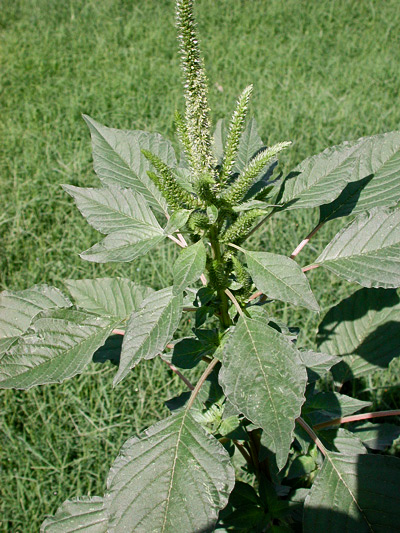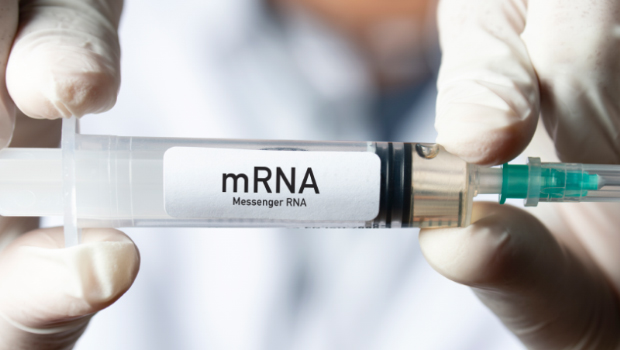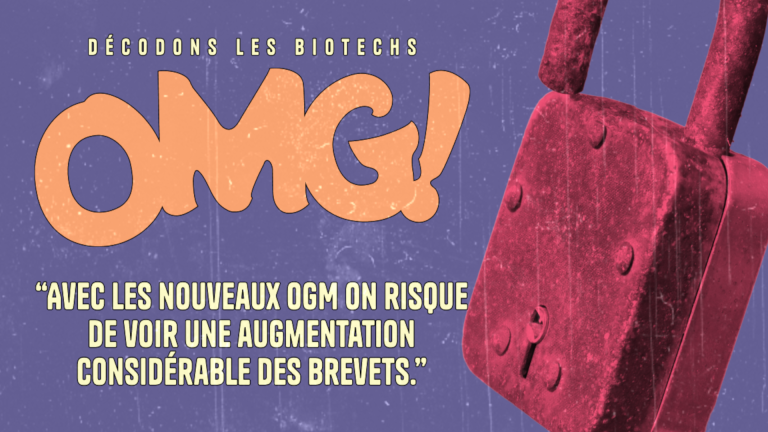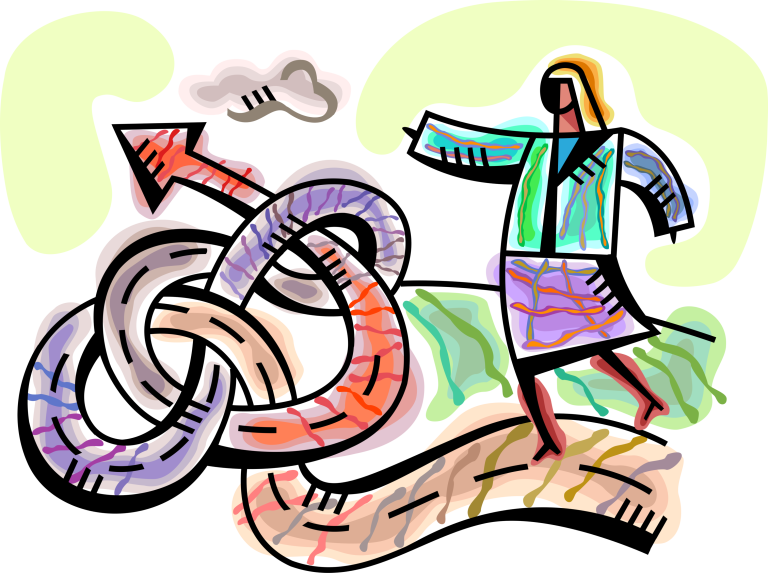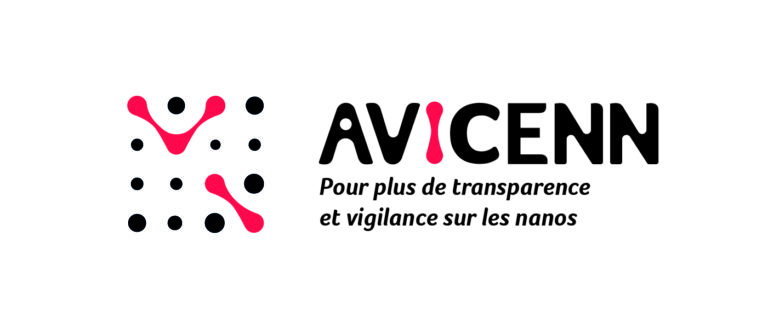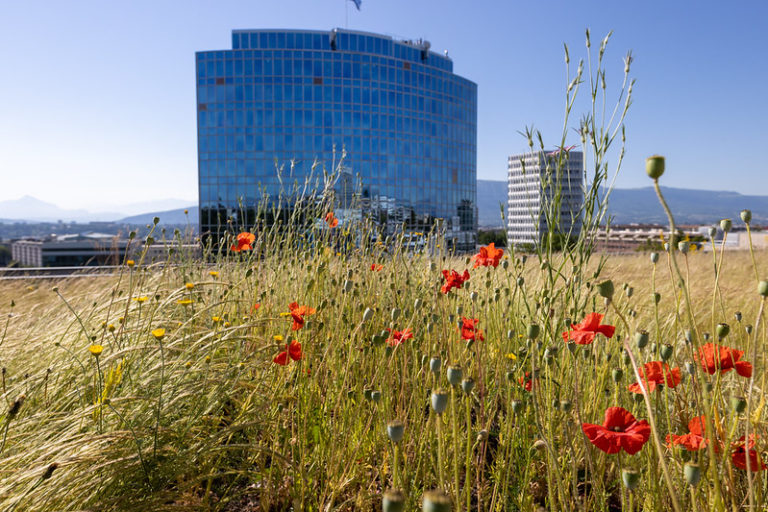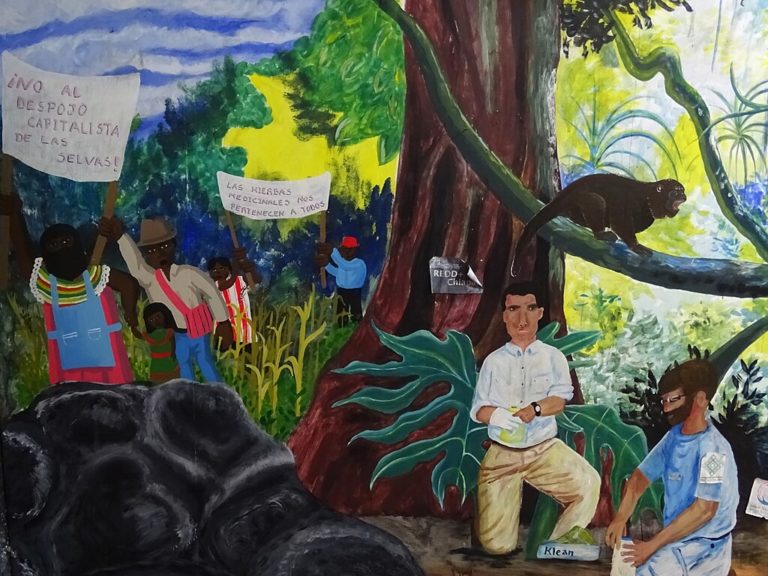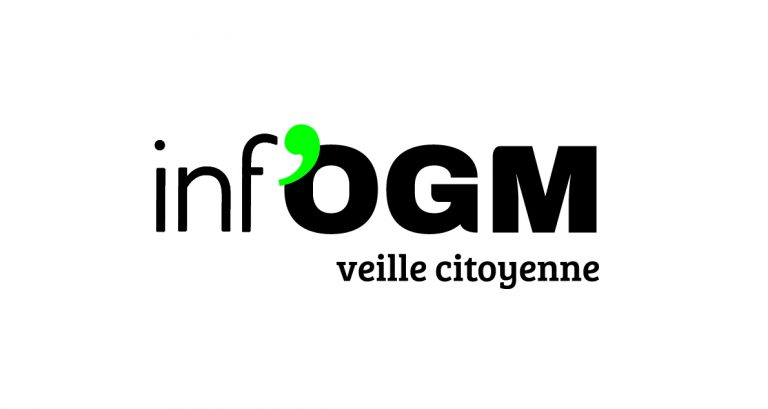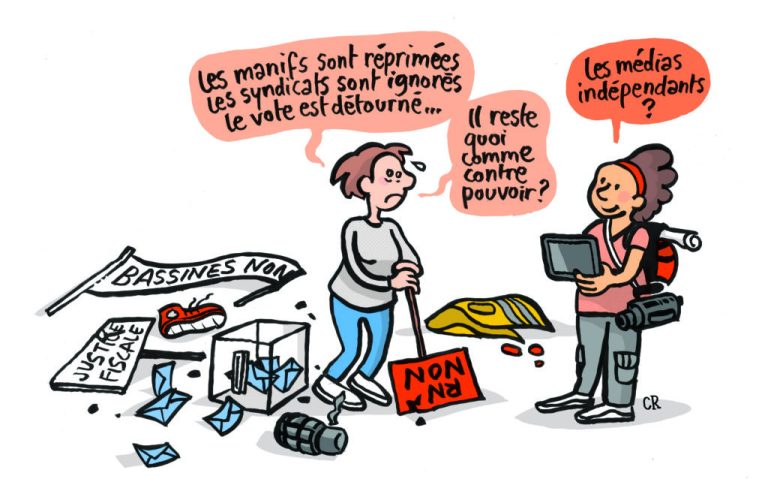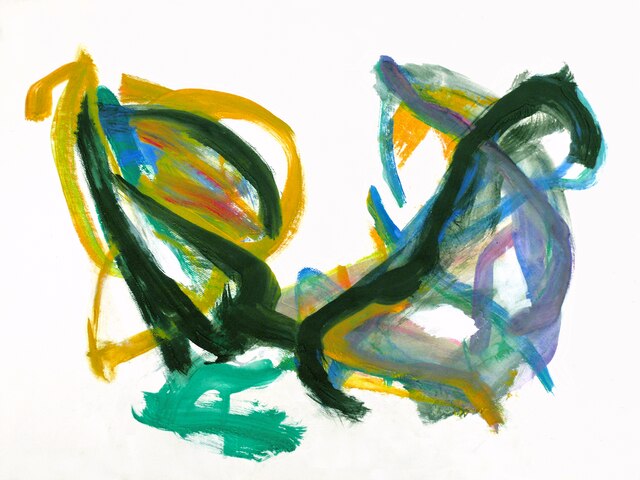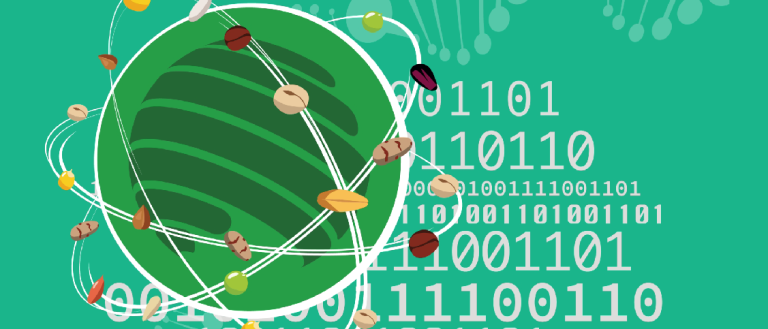Actualités
Veille juridique Inf’OGM du 7 au 14 novembre 2022
UNION EUROPÉENNE
• Commission européenne
Consultation publique sur un avis concernant l’évaluation des risques du maïs génétiquement modifié DP4114 x MON89034 x MON87411 x DAS-40278-9 et ses sous-combinaisons
Le 9 novembre 2022, l’Autorité européenne de sécurité des aliments (AESA) a rendu son avis dans le cadre de la procédure de demande d’autorisation de mise sur le marché du maïs génétiquement modifié DP4114 x MON89034 x MON87411 x DAS-40278-9 et ses sous-combinaisons (demande EFSA-GMO-NL-2020-171).
Une période de consultation publique sur l’avis de l’AESA est ouverte jusqu’au 12 décembre 2022.
Lien : https://food.ec.europa.eu/plants/genetically-modified-organisms/public-consultations_en
Consultation publique sur un avis concernant l’évaluation des risques du coton génétiquement modifié 281-24-236 x 3006-210-23
Le 10 novembre 2022, l’Autorité européenne de sécurité des aliments (AESA) a rendu son avis dans le cadre de la procédure de demande de renouvellement de l’autorisation de mise sur le marché du coton génétiquement modifié 281-24-236 x 3006-210-23 (demande EFSA-GMO-RX-019).
Une période de consultation publique sur l’avis de l’AESA est ouverte jusqu’au 10 décembre 2022.
Lien : https://food.ec.europa.eu/plants/genetically-modified-organisms/public-consultations_en
Système d’alerte rapide pour les denrées alimentaires et aliments pour animaux : notification d’un OGM non autorisé
Le 10 novembre 2022, la Belgique a notifié la présence de papaye verte génétiquement modifiée non autorisée dans l’Union européenne, provenant de Thaïlande. La détection a été réalisée lors d’un contrôle officiel. Le produit a été retiré du marché selon les informations indiquées sur le portail du système d’alerte rapide pour les denrées alimentaires et aliments pour animaux.
Lien : https://webgate.ec.europa.eu/rasff-window/screen/notification/579329
• Parlement européen
Réponse à une question parlementaire : encourager l’innovation – optimiser la photosynthèse au moyen de stratégies de sélection végétale
Question E-002991/2022 de Jan Huitema (Renew) :
« Photosynthesis is a key process used by plants to convert light into energy. Recent research, including that relating to the CropBooster-P project, reveals that this process can be optimised by means of plant breeding strategies. In this way, plants can be made more resilient to heat, drought and salinisation, thereby helping to make food production more sustainable and efficient. However, this is still a work in progress.
1. Is the Commission familiar with the CropBooster-P and other ongoing research projects into the use of plant breeding strategies to step up the efficiency of photosynthesis ?
2. Does the Commission also consider that this innovative development has great potential to help achieve the goals of the Green Deal and global food security ?
3. Is the Commission therefore considering an immediate-term European partnership with the relevant stakeholders under Horizon Europe to expedite research in this field ? »
Réponse de Mme Gabriel au nom de la Commission européenne :
« 1. The Commission is aware of the Horizon 2020 (1) project ‘CropBooster-P’ (2018-2022) (2), funded under societal challenge ‘Food security, sustainable agriculture and forestry, marine, maritime and inland water research, and the bioeconomy’, as well as the projects ‘CAPITALIZE’ (2020-2024), (3) ‘GAIN4CROPS’ (2020-2025) (4) and ‘PhotoBoost’ (2020-2025) (5) funded under the ‘Industrial Leadership’ pillar ; all of which aim to improve crop plant photosynthesis.
2. Insights and solutions stemming from EU-funded research and innovation projects on plant breeding strategies may contribute to the goals of the European Green Deal, in particular in ensuring that our agri-food systems can become more sustainable and resilient (6). More than 37 projects were funded under Horizon 2020 with an investment of over EUR 209 million promoting breeding and developing resilient and suitable crops (7). Horizon Europe (8) support to new collaborative research projects on plant breeding strategies can also be envisaged.
3. In Horizon Europe Cluster 6 ‘food, bioeconomy, natural resources, agriculture and
environment’, the Commission proposes four new partnerships for 2023-2024 (9). The ‘European Partnership on agroecology living labs and research infrastructures’ will coordinate and promote research and innovation actions on agroecology. This will include the development of breeding and management approaches that help farming to become more resilient to expected biotic and abiotic stresses. The partnership has been developed in close cooperation with Member States and associated countries, following a thorough process. The first call for proposals is expected to be open by the end of 2022. No further partnerships of relevance to this issue are planned in the near future. »
(9) ‘European Partnership on agroecology living labs and research infrastructures,’ ‘European Partnership for Animal Health and Welfare’, ‘European Partnership for Agriculture of Data’ and ‘European Partnership for Safe and Sustainable Food Systems’. More information : https://research-and-innovation.ec.europa.eu/funding/funding-opportunities/funding-programmes-and-open-calls/horizon-europe/european-partnerships-horizon-europe/food-bioeconomy-natural-resources-agriculture-and-environment_en
Lien : https://www.europarl.europa.eu/doceo/document/E-9-2022-002991_EN.html
Réponse à une question parlementaire : avenir de l’agriculture cellulaire dans l’UE
Question E-003136/2022 de Clara Aguilera (S&D) :
« Innovations in the food and drink sector and new consumer habits have given rise to companies, many of them start-ups, that are looking for new ways of producing food. One of these production methods is cellular agriculture, which is the process of producing food for human consumption by synthesising animal proteins or growing meat from cell cultures. In order to be sold in the EU, foods produced through cellular agriculture will first need to pass the assessment procedures in place for novel foods. Just a couple of years after that, EU consumers might already be able to put these products in their shopping baskets.
In light of this :
1.Does the Commission believe cellular agriculture is a viable option to satisfy EU demand for animal and plant protein ?
2.How many authorisation requests has the Commission already received for these new foods ?
3.Are these products on a par with their traditionally produced counterparts in terms of flavour and consistency ? »
Réponse de Mme Kyriakides au nom de la Commission européenne :
« Cellular agriculture is a new technology that is often considered to have to the potential to contribute to the sustainability and resilience of food systems. However, there is a need for more knowledge and understanding of its ability to contribute to the objectives of the Farm to Fork Strategy(1) and represent a sustainable source of proteins. To date, the Commission has not received any request for an authorisation of cell-based products under the Novel Food Regulation (2).
Cell-based products can be placed on the EU market only after a pre-market authorisation has been granted by the Commission, based on a safety assessment by the European Food Safety Authority (EFSA). The consideration of flavour and consistency does not fall under the scope of this assessment and the Commission does not possess any such information, given, as mentioned before, that so far no application for the authorisation of these innovative products has been submitted. »
(1) Communication from the Commission to the European Parliament, the Council, the European Economic and Social Committee and the Committee of the Regions, A Farm to Fork Strategy for a fair, healthy and environmentally-friendly food system (COM/2020/381 final), https://eur-lex.europa.eu/legal-content/EN/TXT/?uri=CELEX:52020DC0381
(2) Regulation (EU) 2015/2283 of 25 November 2015 on novel foods. OJ L327, 11.12.2015, p. 1.
Lien : https://www.europarl.europa.eu/doceo/document/E-9-2022-003136_EN.html





